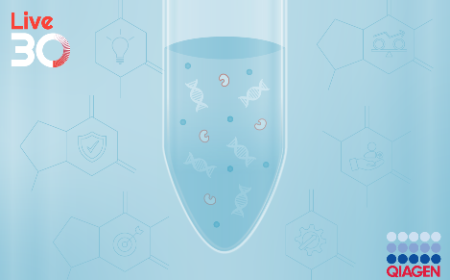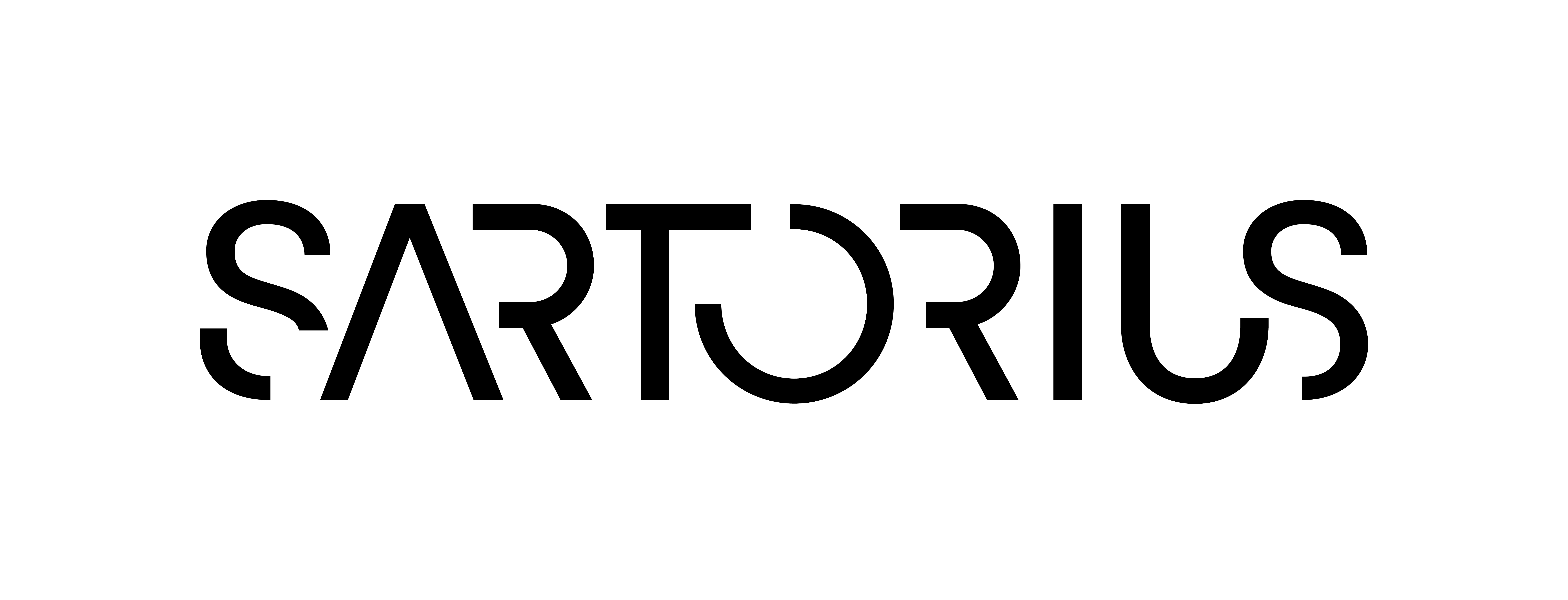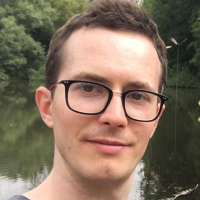Optimizing lentiviral purification: enhancing chromatography with monoliths
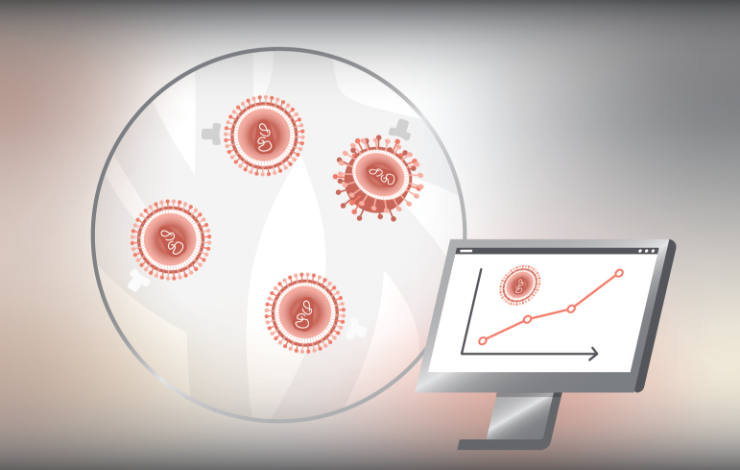
Lentiviral vectors (LVVs) can effectively deliver up to 10 kb of target genes and can infect non-dividing cells, making them a popular vector choice for cell and gene therapies. However, a major drawback of using LVV is its arduous purification process. Current processes either do not remove enough impurities, or lose the majority of the virus during purification.
Monoliths are an ideal tool for the purification of large biomolecules and are now being applied to lentiviral purification, to offer the biotech community a robust process that works.
This webinar describes a systematic approach to using monoliths for LVV purification, including using monoliths in a multi-well plate format with a DOE approach, for faster and parallel testing. With each test, infectious recovery increased, eventually doubling from the start point. The results from the plate format were repeated and validated on preparative scale columns, achieving an average of more than 70% infectious recovery and halving the usual process development time. The economic footprint was lower due to less material used, and due to the reusability of the monolith.
Join the webinar to learn how:
- The combination of DOE and the use of monolith in a multi-well plate format can significantly reduce process development time and double the initial recovery
- A process developed on multi-well plates was validated on a preparative scale
- Monolith technology can save labor hours and material costs
You might also like
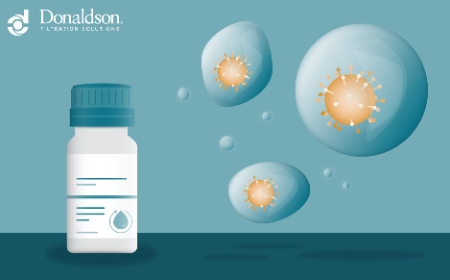
Innovative approaches to lentiviral vector purification: achieving high yields and purity with a chromatography-free process
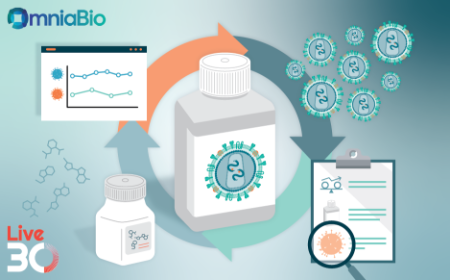
Enhancing lentiviral vector stability and recovery: optimizing buffer formulation
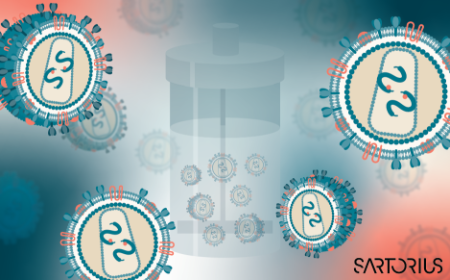
Scalable solutions for optimizing lentiviral vector production
